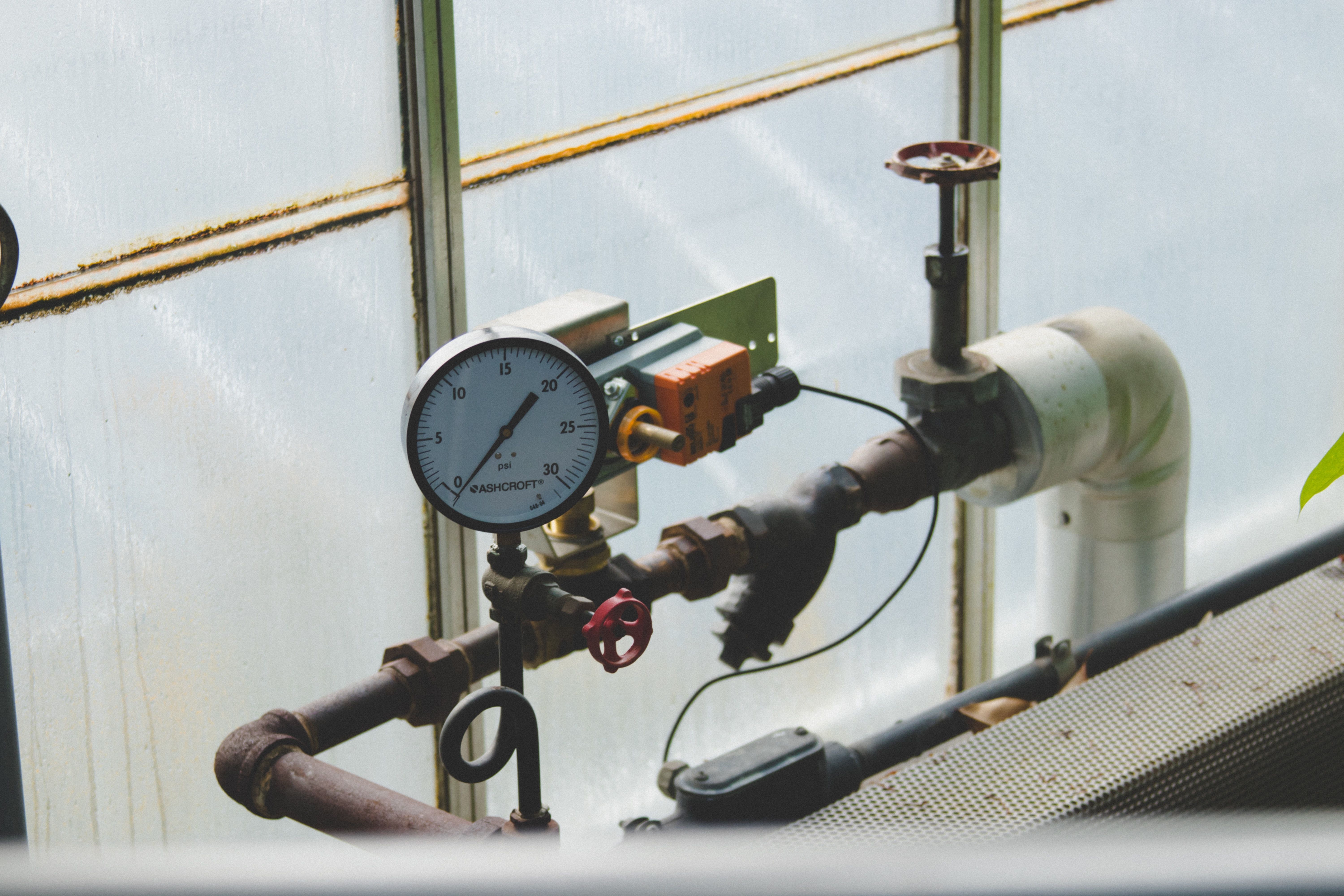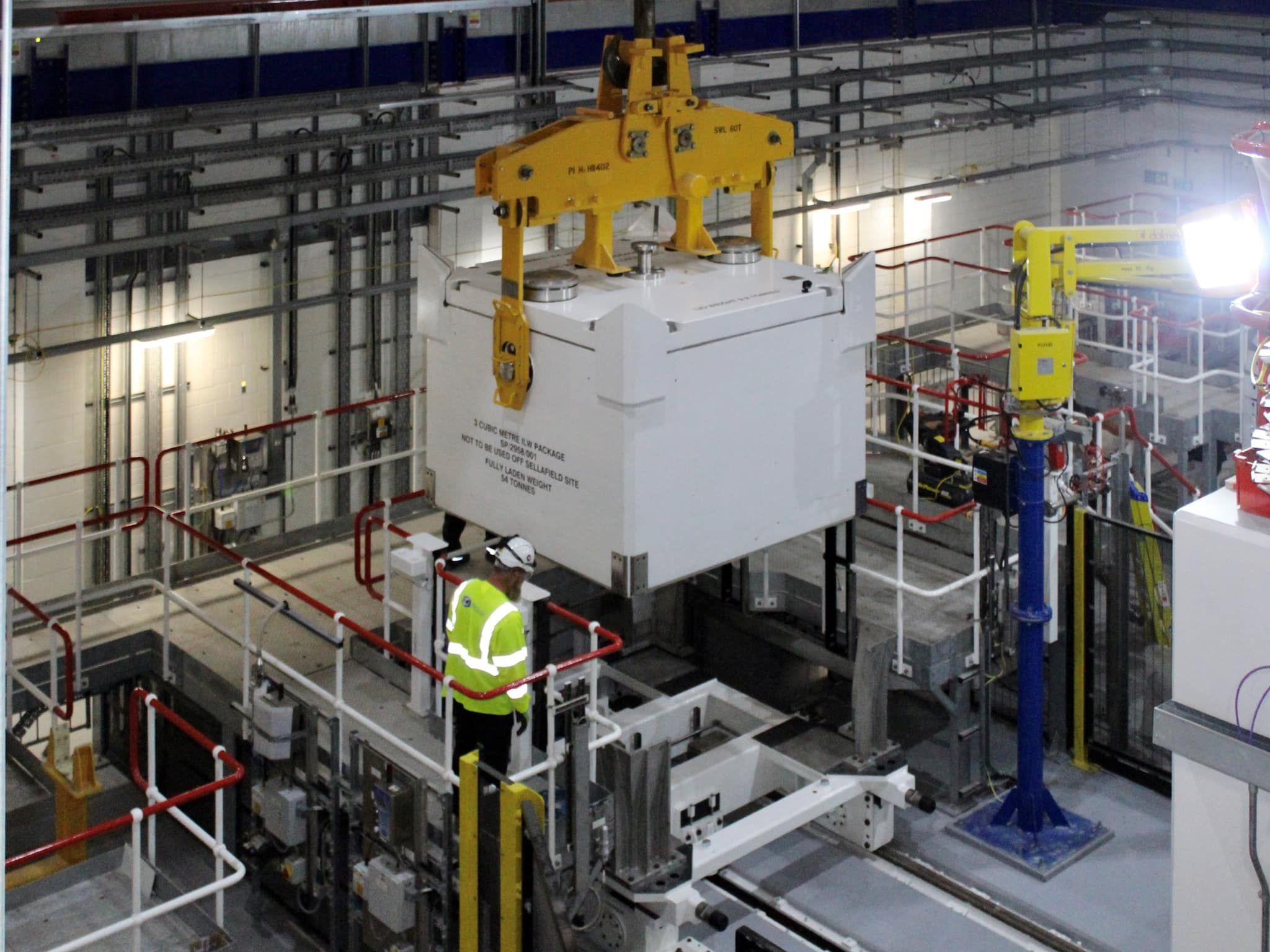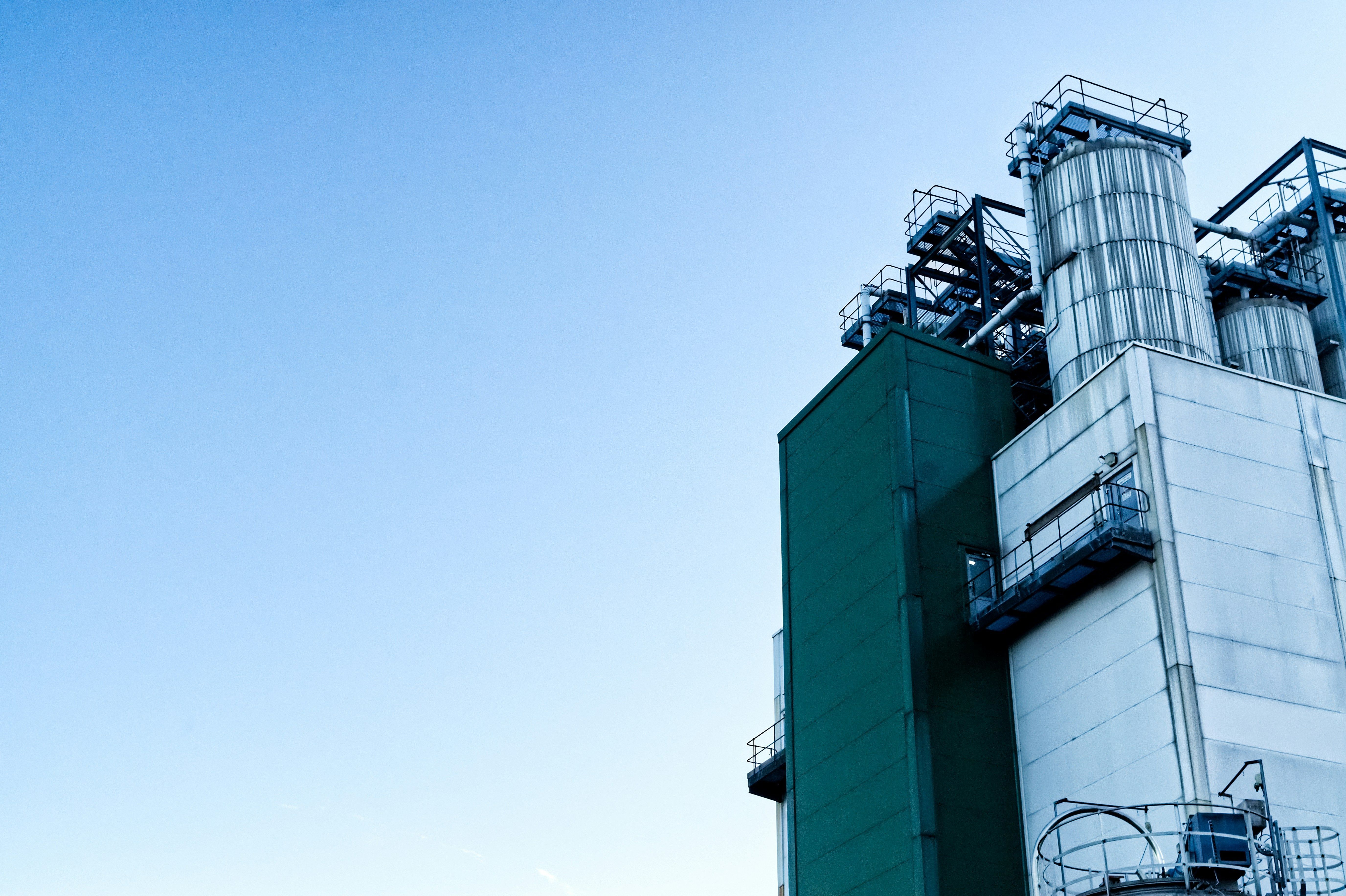Problem
The client was successfully managing a leak condition on a major steam driven pump system but was unsure on how the leak severity had changed overtime. The client wanted to understand if the leak would get worse without intervention or if the current strategy could be maintained. Intervention would mean significant investment into maintenance activity for a major pump that was otherwise performing well.
The client did not directly monitor steam leak rate so Ada had to develop a way of accurately assessing the leak condition based on the analysis of other pump performance parameters and pump efficiency. In this instance, the efficiency of the pump was a function of steam energy and pump speed. A leak in the system would drastically reduce efficiency by increasing the steam demand needed to reach the required rotational speed.
By identifying leaks early and automatically assessing their severity, maintenance can be planned proportionally without unnecessary investment in to ineffective and expensive maintenance activity.
Approach
Ada Mode designed a machine learning model to accurately predict pump speed from steam condition data including temperature , pressure and regulating valve position. The final regression model was able to accurately predict pump speed based on the varying steam conditions.
The predicted pump speed was compared against the measured pump speed. Any deviation between the two values indicated a leak condition. The larger the difference – the bigger the leak. This was validated against historic periods of steam leak events.
The trend of the degradation measure was used to identify when a leak first appeared and how it propagated with time. This information could be used to infer whether the current leak condition was worsening or staying stable.
Although the plant lacked instrumentation to measure steam leak severity, Ada Mode's approach allowed for development of an accurate 'soft sensor' to measure the problem and allow for informed decision-making. You can read more about soft sensors in our post, here.
The machine learning approach enabled quick and accurate assessment of the leak condition without the need for additional monitoring.
Outcome
Ada were able to provide key evidence for maintenance decision making based on historic leak trends and identification of a current stable leak condition which resulted in a reduced maintenance cost of >£100,000



